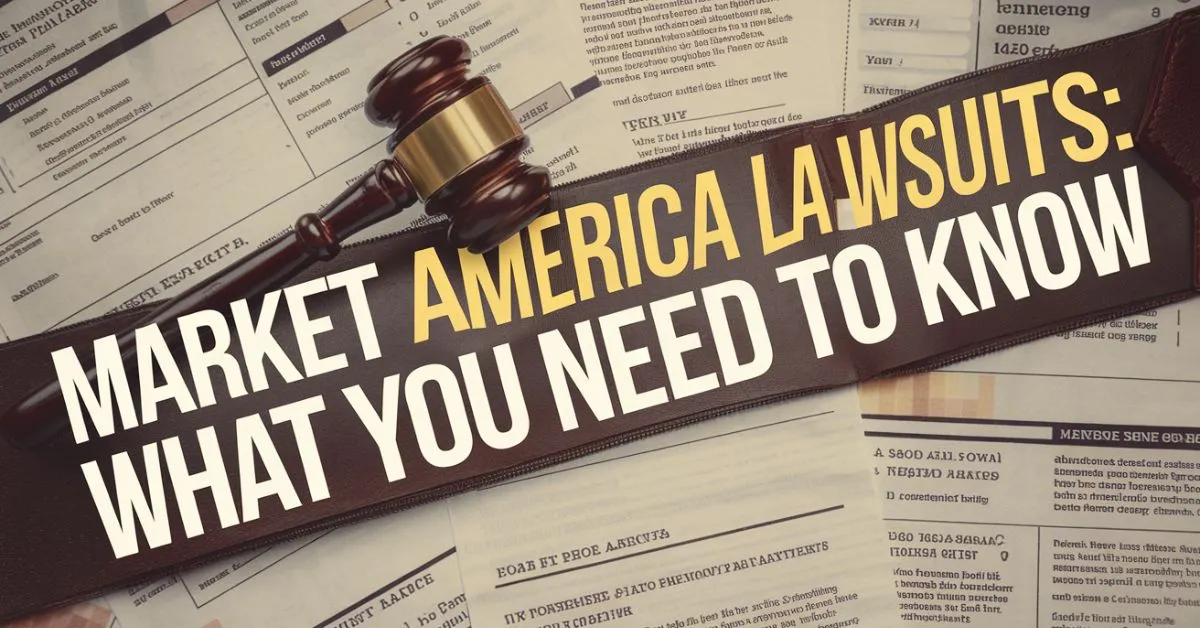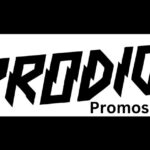Market America has faced increasing scrutiny over the years. From allegations of being a pyramid scheme to lawsuits questioning its practices, the company has remained in the public eye. For those unfamiliar, Market America operates as a multilevel marketing (MLM) company selling products like health supplements, beauty items, and household goods. But is Market America legit, or does it deserve the criticism it has faced? This article explores the legal challenges, accusations, and the company’s responses to give you a clear understanding.
An Overview of Market America
History and Founders
Market America was founded in 1992 by JR Ridinger and his wife, Loren Ridinger. The company is headquartered in Greensboro, North Carolina. Over the years, it has expanded its presence globally, entering markets like Canada, the UK, and Australia. The founders promoted the business as an opportunity for individuals to gain financial freedom through its unique UnFranchise® model.
Business Model in Focus
Market America’s business model focuses on recruiting distributors, also known as UnFranchise® owners. These distributors sell Market America products and recruit others to join. Unlike traditional businesses, much of the income potential depends on building a network. The company has a wide range of products, from wellness supplements to skincare, all branded as exclusive items. However, some critics argue that the emphasis on recruitment rather than product sales has fueled pyramid scheme accusations.
Key Allegations Against Market America
Pyramid Scheme Accusations
One of the most significant allegations against Market America is that it operates as a pyramid scheme. Pyramid schemes are illegal business structures that prioritize recruitment over product sales. Critics claim Market America makes most of its revenue by encouraging distributors to buy products in bulk rather than focusing on genuine consumer demand. This practice often leaves lower-level distributors struggling to recoup their investments.
Inventory Loading Practices
Another allegation involves inventory loading. Many distributors report being pressured to purchase large quantities of Market America products to meet sales quotas or qualify for bonuses. This creates financial risks for distributors, especially if they cannot sell the products. According to Market America reviews, this practice has left many participants with unsold stock and financial losses.
- Related Blog” Ekstensive Metal Works Lawsuit: An In-Depth Analysis
Timeline of Legal Challenges
Early Scrutiny and Investigations
Market America faced its first wave of scrutiny in the late 1990s. Concerns were raised about its MLM structure and whether it met legal standards. Although the company defended its practices, skepticism about its legitimacy persisted.
Federal Lawsuit Highlights
Over the years, Market America has been the target of several lawsuits. These lawsuits often focus on accusations of operating a pyramid scheme and misleading its distributors. A notable case involved claims that the company misrepresented earning potential, leading to financial harm for many participants.
Recent Developments and Rulings
In recent years, regulatory agencies and watchdog groups have continued to monitor Market America. The company has faced additional lawsuits and investigations, prompting some distributors to question their involvement. While some cases were dismissed, others resulted in settlements, keeping the company’s practices under the spotlight.
Impact on Stakeholders
Effect on Distributors
Market America lawsuits have significantly impacted its distributors. Many have reported financial difficulties due to unsold inventory and unfulfilled promises of high earnings. A study revealed that most participants earned little to no profit, with only a small percentage reaching higher income levels.
Consumer Concerns and Complaints
Consumers have also voiced concerns about Market America products. While some praise the quality, others question their value compared to similar items in the market. Additionally, complaints about aggressive sales tactics and misleading marketing have further tarnished the company’s reputation. The question “is Market America legit?” continues to dominate online forums and reviews.
Market America’s Defense and Industry Perspective
Response to Pyramid Scheme Allegations
Market America denies all allegations of being a pyramid scheme. The company emphasizes its focus on selling high-quality products and claims its business model complies with legal MLM guidelines. In a public statement, the company described itself as a legitimate business offering valuable opportunities.
Comparing MLM Models and Legal MLM Practices
The MLM industry has long faced criticism for its structure. However, not all MLMs are illegal. Market America argues that its model differs from pyramid schemes by focusing on product sales. Experts note that while some MLMs operate legally, others blur the line, making it hard to distinguish legitimate operations from fraudulent ones.
Signs of Potential Pyramid Schemes
Common Red Flags in MLMs
Understanding the signs of a pyramid scheme can protect you. Common red flags include heavy recruitment emphasis, mandatory product purchases, and promises of high income without effort. These practices often lead to financial losses for participants.
Regulatory Guidelines and Protections
The Federal Trade Commission (FTC) provides guidelines to distinguish legitimate MLMs from pyramid schemes. Legitimate MLMs prioritize product sales to consumers, while illegal schemes rely on recruitment. Awareness of these rules can help you make informed decisions.
Conclusion
Market America lawsuits highlight the challenges and controversies surrounding the MLM industry. While the company defends its practices, critics continue to raise valid concerns. If you’re considering joining Market America or a similar company, it’s essential to research thoroughly. Understanding the risks, business model, and legal landscape will help you make the right choice.

Michael Leo is a seasoned entrepreneur with a passion for business growth and innovation. With years of experience in driving success across industries, he specializes in crafting strategies that deliver results. Michael’s expertise lies in leadership, problem-solving, and leveraging market trends to maximize opportunities. His mission is to empower businesses to reach their full potential through tailored solutions and actionable insights.




